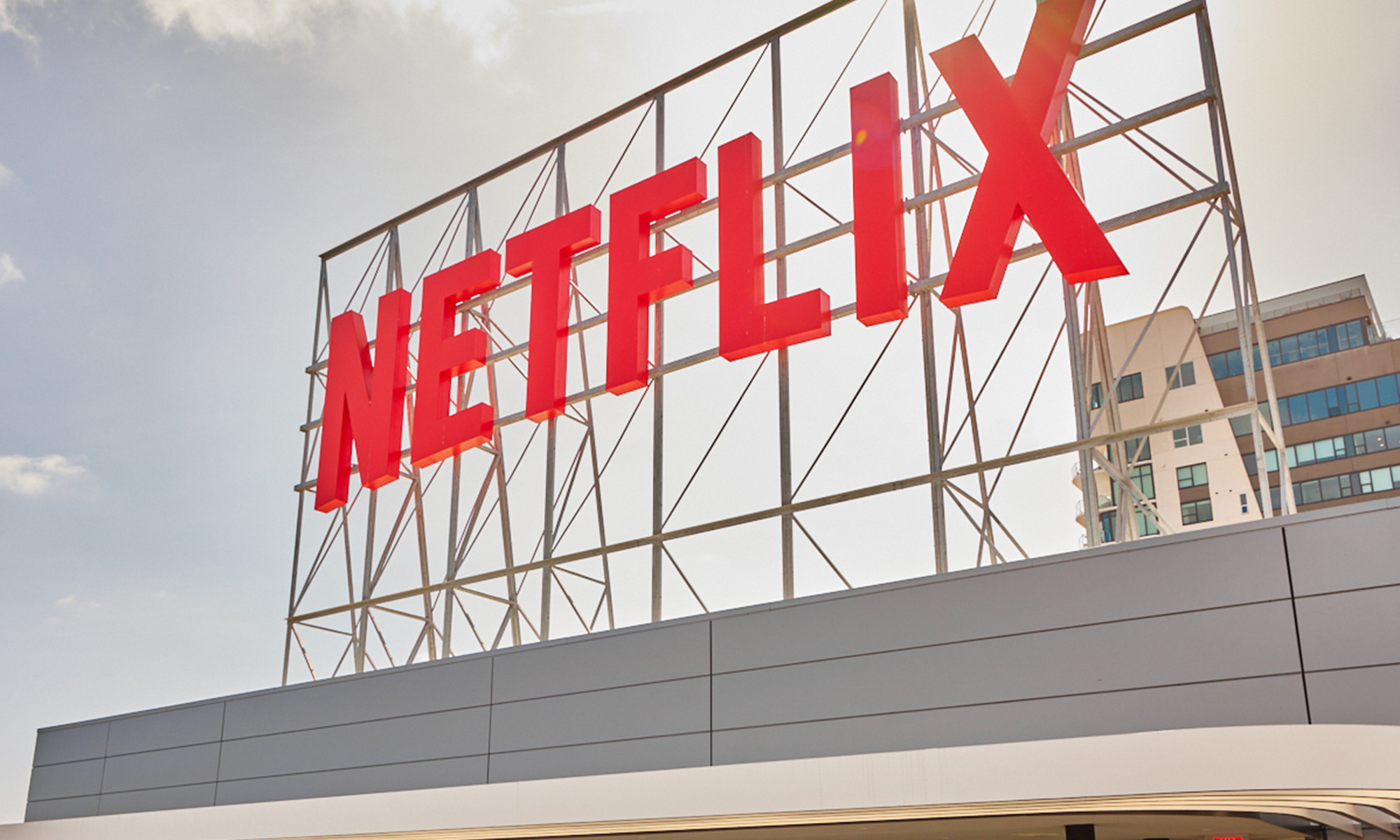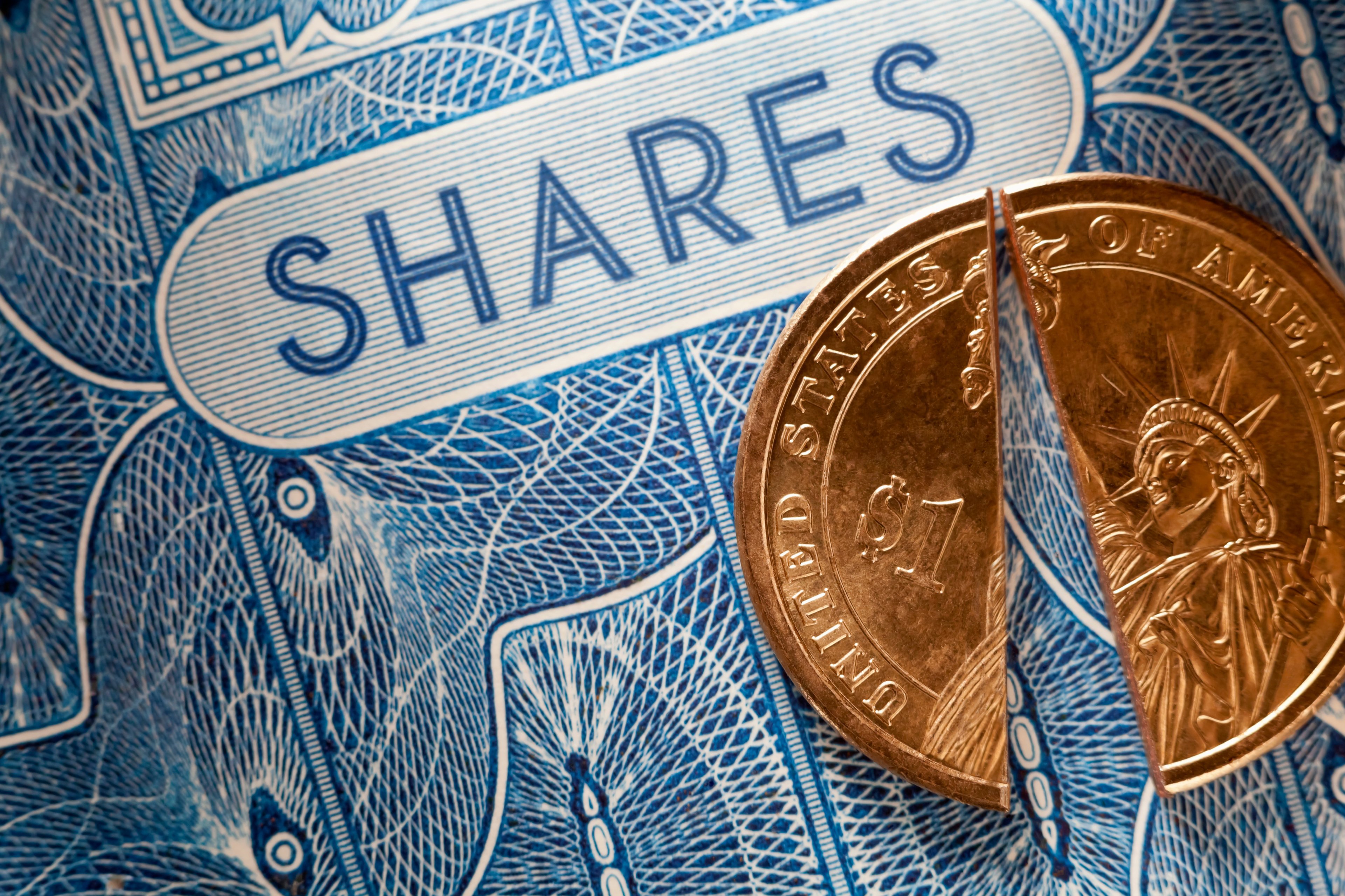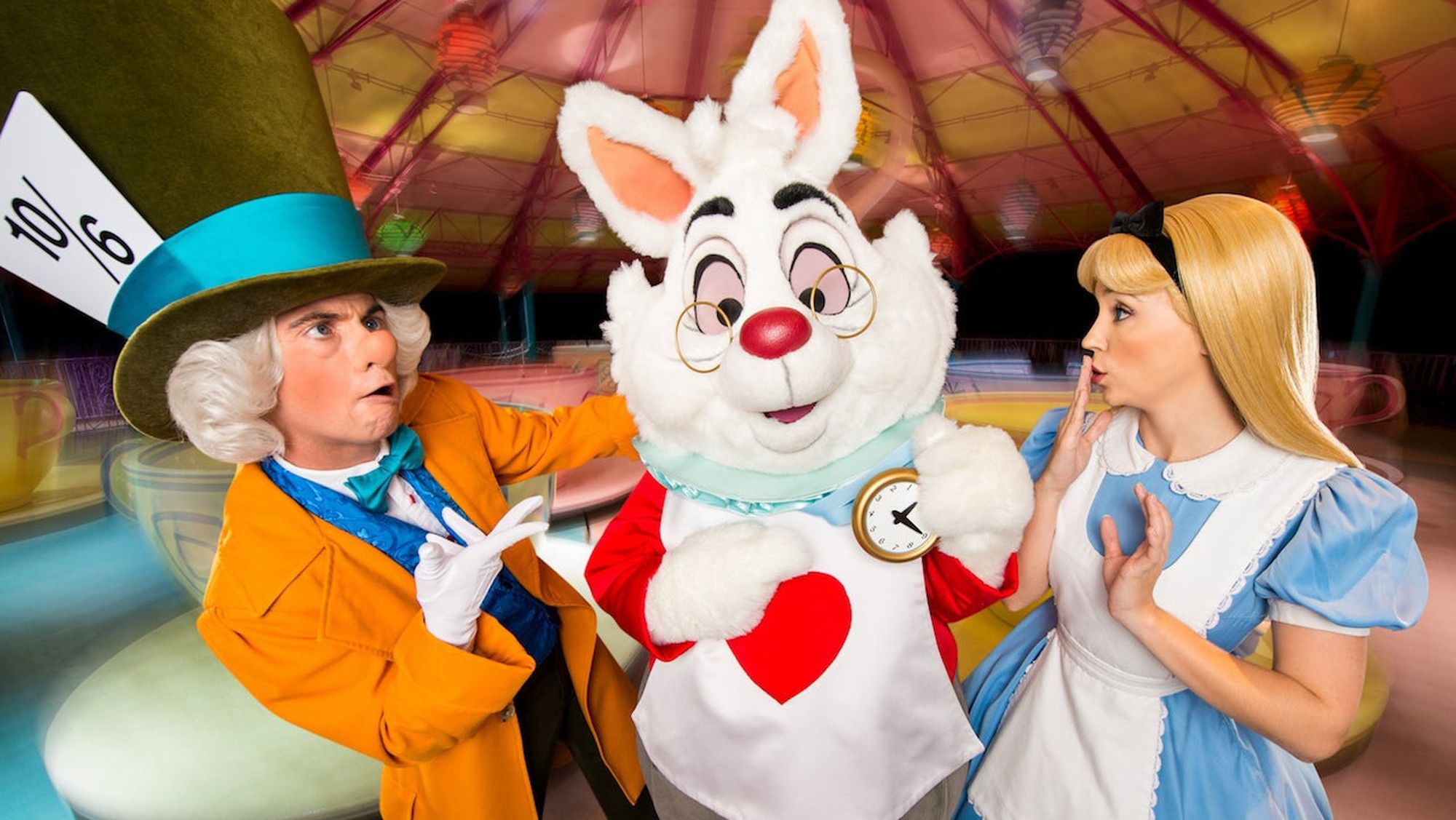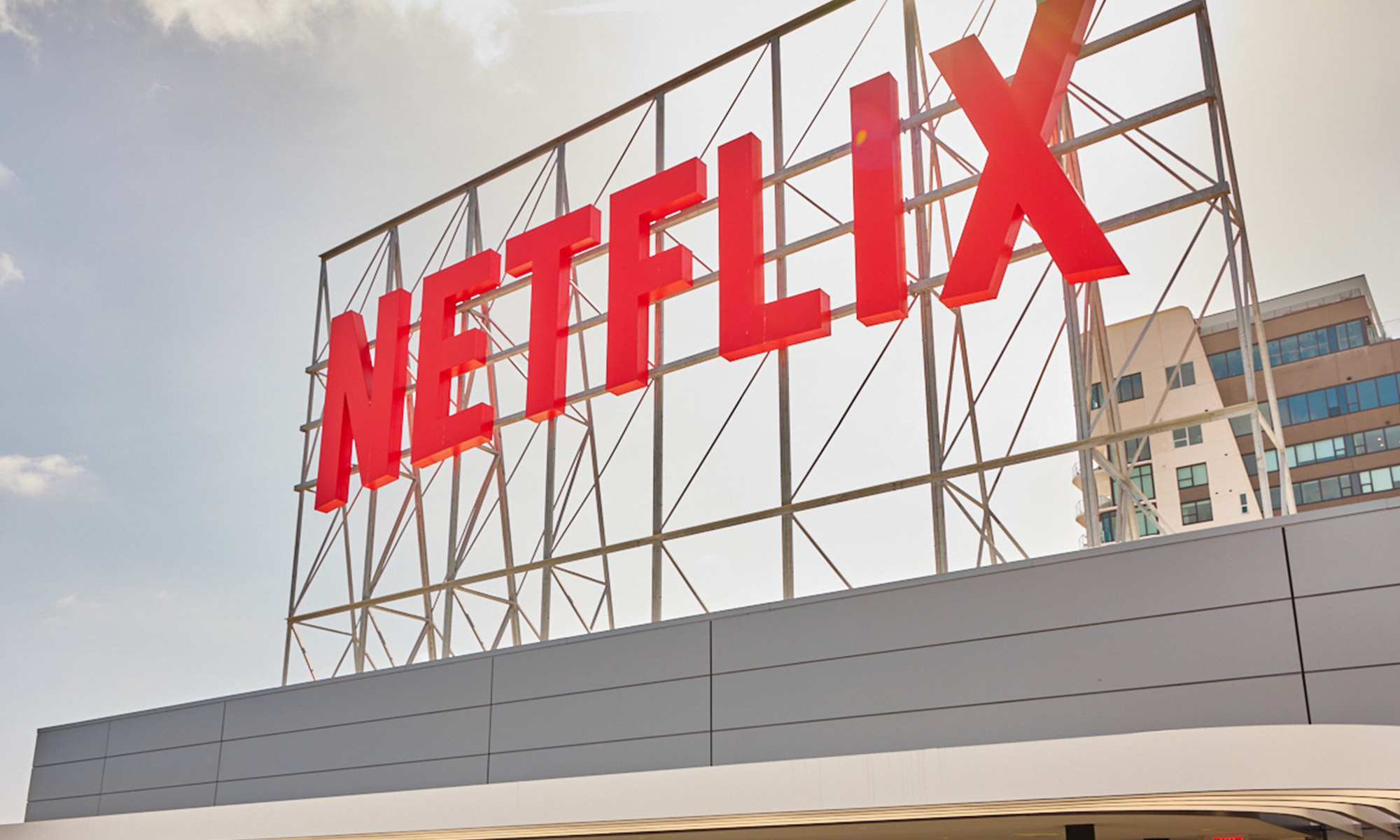Amazon.com (AMZN +0.21%) plays it pretty close to the vest with a lot of its customer metrics, but it released a press release on Boxing Day to inform the world that it added more than 1 million new Amazon Prime members in the week leading up to Christmas. Earlier this month, a report from Consumer Intelligence Research Partners estimated the number of Prime members at 16.7 million, and Amazon claims "we now have tens of millions of members worldwide" -- implying at least 20 million. (Note, though, that some of those million new Amazon Prime members may include those signing up for a free one-month trial for their holiday shopping with the intent of dropping the service upon the trial's expiration.)
Amazon Prime's growth is outpacing Netflix's (NFLX +0.41%), which reached 20 million streaming subscribers by the end of 2010, nearly four years after launching its instant streaming service. Comparatively, it took Amazon one year fewer to reach a similar subscription rate. Although I don't believe Prime is currently a large threat to Netflix, I believe it has the potential to become one.
Why do people subscribe to Amazon Prime?
The influx of Prime subscribers in the holiday season may indicate that more people are purchasing Prime for its two-day shipping. The recent increase in the minimum order price for Free Super Saver Shipping from Amazon may have led to an accelerated number of signups.
But Netflix, which only offers a singular service, typically sees an uptick in the number of signups during the holiday quarter as well. So, it's not farfetched that at least some Prime subscribers are looking for entertainment during the cold-weather season and see value in Prime's instant video selection.
Still, it's likely that many households with a Prime subscription also have a subscription to Netflix. Currently, Prime is not quite a replacement for Netflix, which maintains a larger video library and is now focused on curating the best content.
2013: The year Amazon Prime started competing with Netflix
At the end of last year, and even in March of this year, estimates for Prime subscribers were around 10 million. Part of what may have led to the fantastic growth over the last 12 months is Amazon expanding its video selection.
Amazon says that it increased its Prime Instant Video selection from 33,000 to more than 40,000 in 2013. Amazon added exclusive content from CBS/Showtime, Sony Pictures Television, A&E Networks, and Scripps Networks. It also picked up exclusive rights to Downton Abbey and tons of content from Viacom (NASDAQ: VIA) after Netflix neglected to renew their contracts.
In fact, Netflix seemingly balked when its deal with Viacom expired. The streaming company demanded the right to pick and choose which programming it wanted instead of paying for a bundled package of Viacom programming. Viacom refused. Amazon stepped in and reportedly offered several hundred million dollars for multiyear rights to Viacom's bundle, including Nickelodeon kids programs and teen and adult entertainment from Comedy Central and MTV. This is exemplary of why content rights are increasing in price -- if one company doesn't buy the rights, another will.
Moreover, Amazon started adding exclusive original content to compete with Netflix's popular original series. The company says that Alpha House, one of its first originals, was the service's most streamed show in 2013. Neither Amazon nor Netflix will say how many people are actually streaming their originals, only that they're very popular.
Could 2014 be the year of Amazon Prime?
There's no doubt Netflix had a great year in 2013, but it might be more difficult to repeat its success in 2014. The company added more than 7 million streaming subscribers in the first nine months of the year, and expects to add more than 3 million more in the fourth quarter. Investors have rewarded the company's success by increasing its share price over 300% year to date, making my thumbs-down in CAPS look downright dumb.
But Netflix is facing the threat of rising content costs, which have already forced it to part with valuable content in 2013. Amazon, which sees a major boost in shopping revenue and profit (even after factoring in content costs) from Prime members, is better equipped to keep up with content price inflation than Netflix. It's started to show that in 2013, and as more content deals at Netflix expire in 2014 and beyond, I expect Amazon to snatch them up and become a stronger substitute for Netflix.







